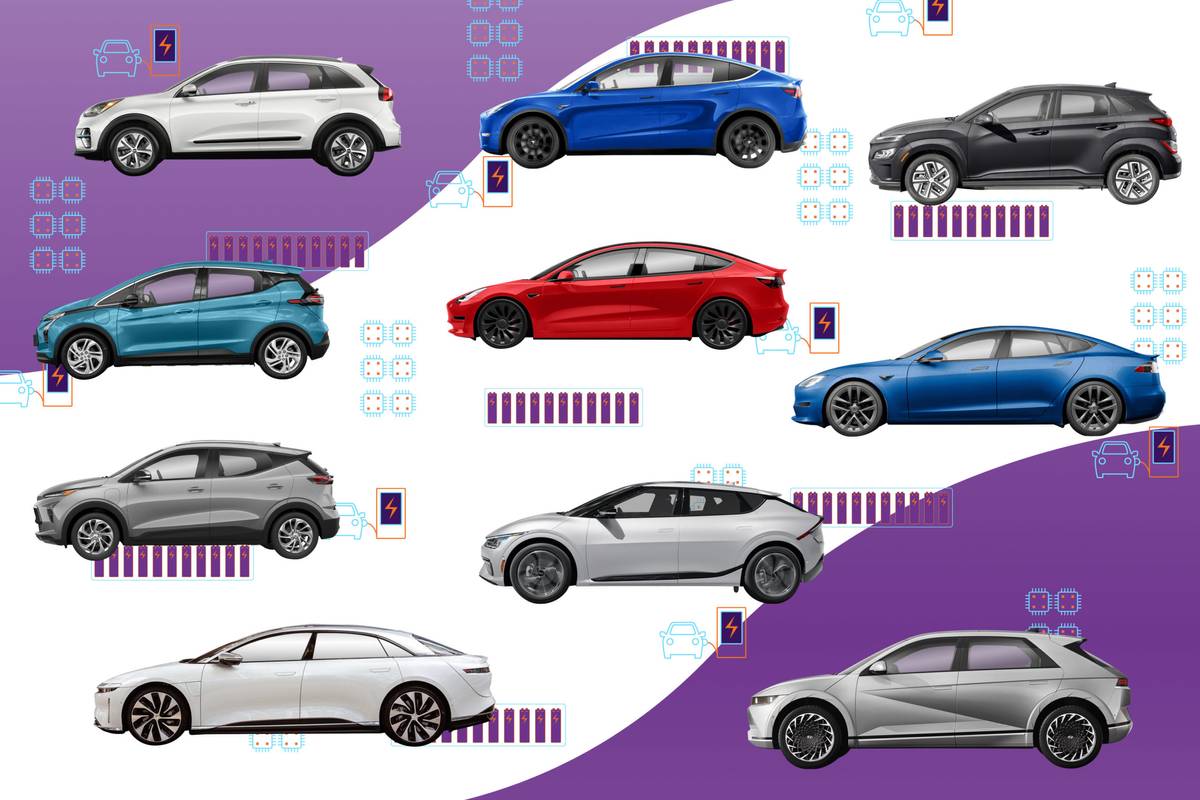The 23rd World Insights
Exploring the untold stories and events from around the globe.
Watt's the Deal with Electric Cars?
Discover the shocking truth about electric cars! Explore benefits, savings, and the future of driving that you can't afford to miss!
The Rise of Electric Cars: Why Now is the Time to Make the Switch
The rise of electric cars is transforming the automotive landscape, driven by technological advancements and a growing awareness of environmental issues. With a significant increase in charging infrastructure and improvements in battery life, electric vehicles (EVs) are becoming more practical and accessible for everyday consumers. In fact, in 2021, global electric car sales surged by over 100%, marking a pivotal moment in the shift towards sustainable transportation. For those considering the switch, now is an ideal time to explore your options. Check out Statista for detailed statistics on electric vehicle market growth.
Moreover, government incentives and policies are supporting the transition to electric mobility. Many countries are offering tax rebates, subsidies, and grants for EV purchases, making them more financially viable for consumers. Additionally, as fossil fuel prices fluctuate, the cost-effectiveness of owning an electric car is becoming increasingly appealing. As highlighted in a report by the IEEE Power Electronics Society, these factors combined with an ever-expanding network of charging stations are signalling that now is the right time to make the switch to electric vehicles.

Understanding EV Charging: How Do Electric Car Chargers Work?
Understanding EV Charging is essential for both current and prospective electric vehicle (EV) owners. Electric car chargers are intricate yet straightforward devices that convert electricity from a power source to a format usable by an electric vehicle. There are various types of chargers, each serving different needs and purposes, but they primarily function by transferring electrical energy to the vehicle's battery system. Most chargers fall under three categories: Level 1, Level 2, and DC Fast Charging. Level 1 chargers use a standard home outlet and provide about 4-5 miles of range per hour of charging, making them ideal for overnight charging at home. For quicker charging, Level 2 chargers, which are commonly found in public charging stations, offer about 10-20 miles of range per hour. The fastest, DC Fast Chargers, can deliver an 80% charge in about 30 minutes, significantly reducing downtime for drivers on the go.
The efficiency and performance of EV charging rely heavily on the compatibility between the charger and the vehicle. Most EVs use a specific connector type, which highlights the importance of knowing the charger type before plugging in. Additionally, many charging stations offer networked charging, allowing users to locate and reserve stations via mobile apps. As the demand for electric vehicles increases, innovations in charging technology continue to evolve, with features such as smart charging and solar-powered stations gaining traction. Ultimately, understanding how EV chargers work empowers users to make informed decisions about their charging habits and choose the best solutions to meet their driving needs.
Electric Cars vs. Gas Cars: What Are the Real Differences?
Electric cars and gas cars represent two distinct approaches to automotive travel, each with its own set of advantages and disadvantages. One of the most significant differences is in fuel type. Electric vehicles (EVs) are powered by rechargeable batteries, which can be charged at home or at public charging stations, while gas cars rely on internal combustion engines fueled by gasoline. According to a report by the U.S. Department of Energy, EVs tend to be more energy-efficient, converting over 77% of the electrical energy from the grid to power at the wheels, compared to just 12% to 30% for gasoline vehicles.
Another crucial difference lies in maintenance costs. Electric cars generally require less maintenance than their gas counterparts, primarily due to fewer moving parts and no oil changes. A study from Consumer Reports indicates that over the lifespan of the vehicle, EV owners can save thousands of dollars in maintenance. Additionally, EVs produce zero tailpipe emissions, contributing to better air quality, which is highlighted by the Environmental Protection Agency.